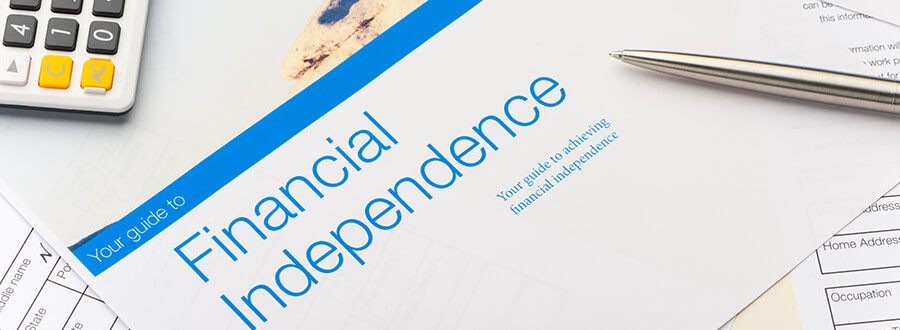Key Points
- Consumer credit counseling debt management plans require you to pay back all the principal balance plus interest over a five-year repayment schedule.
- Debt settlement programs typically take only 24-48 months to complete and require you to pay back only a portion of the debt based on the amount of the balance on the date of enrollment.
- You save money through debt settlement because you pay off debts for less than the full amount owed, and your debt balances don’t grow with interest during the term of the settlement program.
- Credit counseling requires you to repay the full balance owed plus interest and saves you money through lower interest rates and waived fees.

Spending $1,000 or more each month just to make minimum payments on credit card debt is a never-ending cycle. Meanwhile, credit card companies are making millions of dollars charging high interest on your revolving balances. Dutifully making those minimum payments could mean, even if no additional charges are made, it could take nearly three decades to eliminate the debt and cost 3X the original balance.
If you are ready to get off the hamster wheel and get serious about eliminating your high interest credit card debt, two options that are available to you are credit counseling and debt settlement. These two routes take a decidedly different approach to paying off debt. Here is what you need to know:
The Key Differences Between Credit Counseling and Debt Settlement
Credit Counseling, often the solution promoted by creditors, requires you to repay the full balance owed plus interest and late fees. Creditors might lower the interest rate for consumers who participate in a Debt Management Plan or DMP, but in the end, the creditor gets paid the full amount owed plus interest.
Unlike credit counseling programs, debt settlement focuses on negotiating a payoff of your debt for less than the full balance owed, which can be considerably less than the total balance plus a lower interest rate. Furthermore, while your balances on open credit lines will continue to generate interest and fees until the accounts charge-off and are closed, debt settlement companies calculate the basis of their settlements on the balance of the debt on the date the client enrolls in the debt settlement program.
Therefore, when the debt settlement calculates the savings generated for the consumer, they are always basing that savings on the balance when the consumer enrolled and NOT the creditor’s current balance on the date the settlement is reached.
How Do Companies Receive Compensation?
Credit Counseling organizations operate as non-profit entities and offer free credit counseling, budgeting, and money management services. Organizations also recommend debt management plans or DMPs to repay creditors. When you enroll in these services, you pay a small set-up fee and a monthly management fee to the company who administers the program and distributes your payments to your creditors each month. Most of the income received to cover the cost of the DMP comes directly from creditors in the form of “fair share” contributions paid by the credit card companies directly to the credit counseling agencies.
Debt settlement companies also begin with an initial consultation, which reviews your financial situation and evaluates debts, assets, financial hardships, and income before discussing debt repayment options. The debt settlement company then establishes a savings plan designed to build up funds that will be used to negotiate the settlement of your enrolled debts.
Each month, you deposit a set amount into a special purpose trust account that is owned and controlled by you. When a settlement is reached, you must first approve the terms of the debt settlement agreement, and then approve the release of the funds to meet the terms of the settlement. Debt settlement companies are paid a fee based on the percentage of the debt or a percentage of the savings realized by the settlement.
How Long Does It Take to Eliminate Debts?
Consumers must complete credit counseling debt management plans within five years. Because you must pay balances in full plus interest, in most cases, your monthly payment will be higher than your current monthly payments to meet the five-year repayment schedule. In a credit counseling program, you save money through lower interest rates, which can remain in the low double digits, and a shorter payoff period, but, many people struggling to keep up with their minimum payments have a very hard time qualifying for credit counseling programs due to insufficient income or free cash flow due to high levels of expenses.
Clients typically complete a debt settlement program in two to four years, depending on how much they contribute each month towards their savings program and how much debt is enrolled in the debt settlement program. By accelerating payments into the savings account, clients can expedite the settlement of their accounts by increasing the amount of settlement funds are available to negotiators, thereby shortening the time required to complete a debt settlement program.
How Does Debt Repayment Work?
Both programs allow you to make a single monthly payment, and the company will distribute the funds to creditors on your behalf.
Credit counseling Debt Management Plans distribute a small monthly payment to each creditor until balances reach zero. The payoff schedule will depend on the monthly payment amount and the total debt owed to each creditor.
IN a debt Settlement program, regular monthly payments are directed into a special purpose savings account. The balance then grows over time, giving the debt settlement company leverage in negotiations. When negotiations begin, you could end up making a lump-sum payment to settle an account or a series of payments to resolve the debt for lower than the full amount owed.
While debt settlement does not immediately reduce account balances, it provides faster results because creditors are willing to settle for lower amounts after you exhibit and can document a financial hardship. Without collateral, creditors of unsecured debts are often motivated to accept a lower repayment offer, rather than gamble on the consumer filing bankruptcy and collecting nothing.
